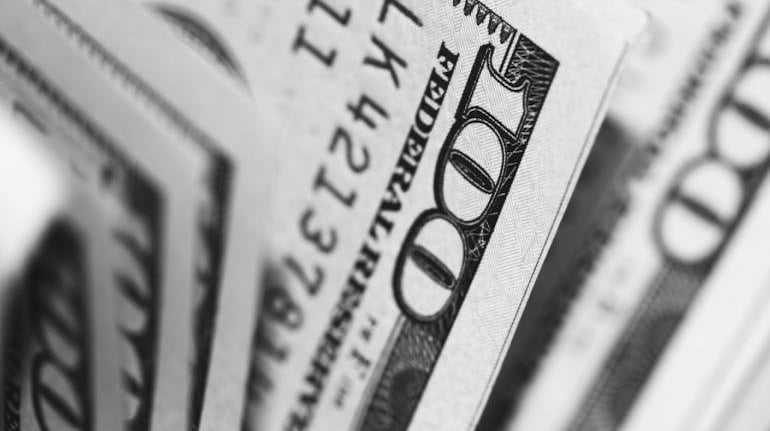



Aggressive interest rate hikes have caused the US stock markets to fall deeply. The S&P 500 index has dropped 20 percent so far in 2022 after the US Federal Reserve started raising interest rates in March. Meanwhile,the S&P BSE Dollex (the dollar-denominated version of S&P BSE 200) has fallen only 10 percent since January.
But we should be cautious about making sweeping statements such as “the US market is over” and that “the next century belongs to the emerging markets”, said Devina Mehra at a panel discussion. Making such statements would be a repeat of a mistake made once before in 2003 to 2007, she reminded.
The founder and chairperson of First Global was speaking at the Samvat 2079 Roundtable, organised by Moneycontrol and moderated by N Mahalakshmi.
“Back in 2003 to 2007 too, emerging markets outperformed hugely. The US, despite having come out of a massive fall after the dot com bust, went up only 60 percent in the five years and did not take out six previous highs. On the other hand, the Emerging Market Index went up 3.5x, India went up 6x, Brazil went up 10x and so on,” she said.
The panelists were discussing the decoupling of emerging markets from the US markets, and if that was a possibility. Decoupling means that the stock market performance of the emerging markets would not be vulnerable to the stock market performance in the US. Mehra said, “Decoupling is a strange word because you are neither at one extreme nor the other.”
“Many a time we make stories (like the decoupling theory) of why something (divergence in stock-market performances) is happening,” Mehra added.
To illustrate, she recalled stories told around the divergence that played out between 2003 and 2007. Mehra said that a few years after the investors had written off the US stock market, the tide changed. “Then came the whole decade between 2010 and 2020, when the dollar strengthened and the US markets did very well,” she said.
Last year, at the Samvat 2078 Roundtable, Mehra had predicted that India would outperform the global markets and that the rupee would depreciate. Both have played out. “There were two reasons for India to outperform. One that, relative to its own history, it (the Indian stock market) had underperformed for a long, long time. Between 2010 and 2020, it had not even beaten fixed deposit returns. The other was that even, globally, you'd been underperforming for a long time. The year 2021 was the first in which the Indian market started to outperform,” she said.
Going forward, Mehra does not see the possibility of a big crash in the Indian stock market because it is not above the historical trendline. “I see the outperformance relative to the globe continuing,” she said.
Discover the latest Business News, Sensex, and Nifty updates. Obtain Personal Finance insights, tax queries, and expert opinions on Moneycontrol or download the Moneycontrol App to stay updated!
Find the best of Al News in one place, specially curated for you every weekend.
Stay on top of the latest tech trends and biggest startup news.